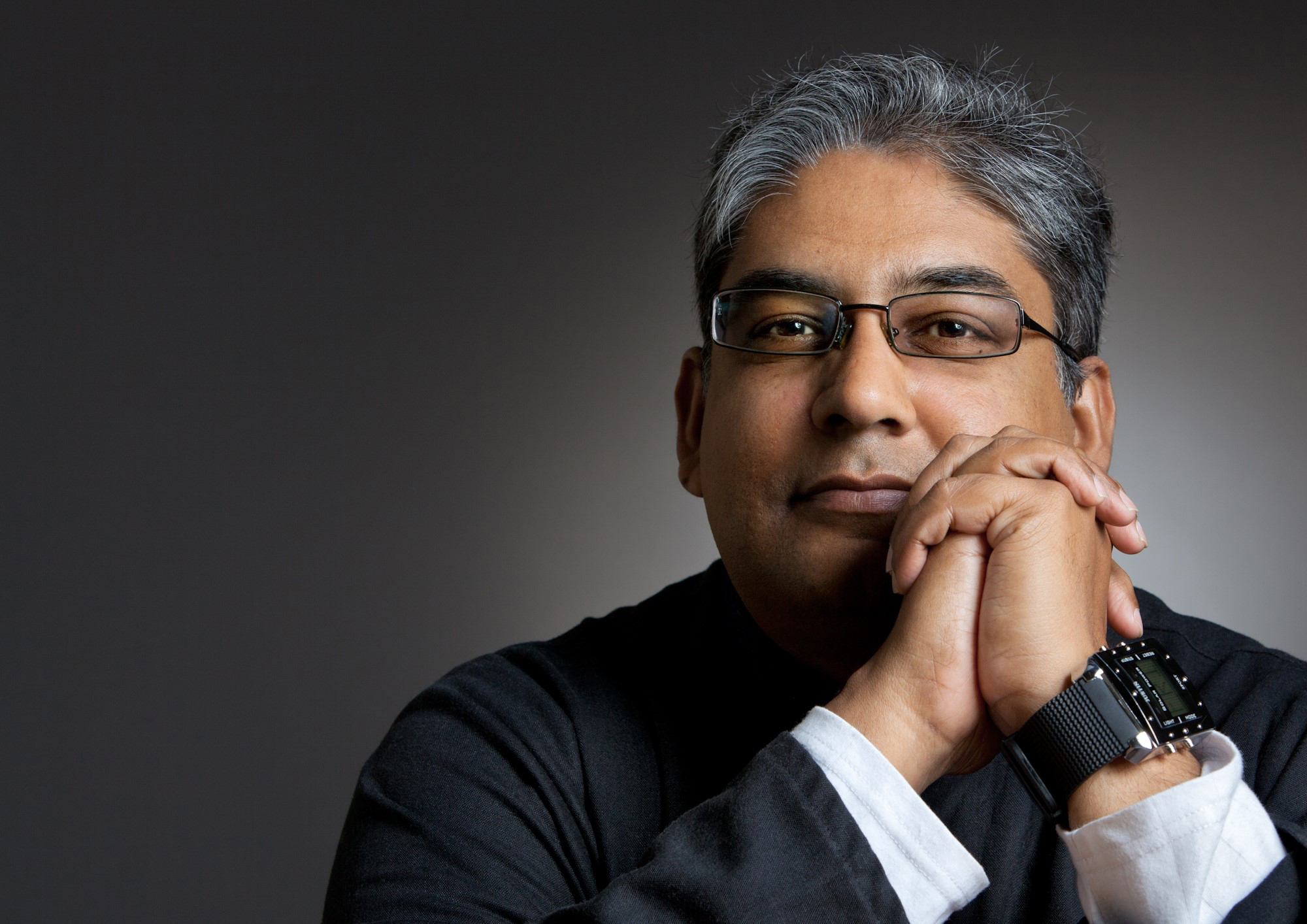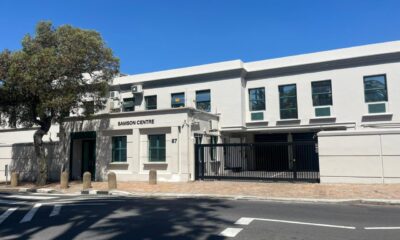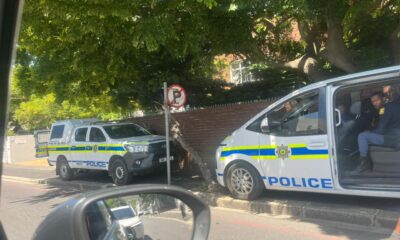
SA

South African terrorism expert globally recognised
Free State University’s Professor Hussein Solomon was selected to a prestigious list of the world’s top 100 terrorism experts (at number 93) by ScholarGPS, a body that ranks global academic excellence through publication, citations, and impact.
Solomon, who is professor at the university’s Centre for Gender and African Studies, said his colourful family tree, including a Jewish grandfather, contributed to his approach of promoting dialogue and inter-faith tolerance rather than boycotts and hate.
“My grandfather was a Greek Jew, hence my surname – Solomon,” he told the SA Jewish Report. His pedigree contains ancestors of multiple faiths. He attended a Catholic school, St Anthony’s, in Durban, and grew up in a Sufi Muslim household. Sufism is a strain of Islam that promotes spiritualism and unity. His father was under house arrest for anti-apartheid activities, and the young Solomon was touched by how people of all religions lent a helping hand to his family when they fell on hard times.
“I’ve always been an outsider,” Solomon said. “That’s good. That’s where serious academic work gets done. I wasn’t expecting this recognition. I do this work because I’m passionate about it, and not for awards.” He said the award was testament to the fact that Africa could produce top-class scholars, even as its universities are defunded and in crisis.
Solomon was working on conflict resolution issues at the African Centre for the Constructive Resolution of Disputes in Durban in 1998 when two major events that year caused him to shift his focus to terrorism. The first was the simultaneous bombing of the United States (US) embassies in Nairobi in Kenya and Dar es Salaam in Tanzania, killing and maiming hundreds. One of those responsible for the Tanzania bombing was found by the US Central Intelligence Agency in a safe house in Cape Town. Hussein was fascinated how this terrorist had received asylum-seeker status in South Africa.
The second was the widespread urban terror campaign of People Against Gangsterism and Drugs in Cape Town, culminating in the bombing of the Planet Hollywood restaurant at the V&A Waterfront.
“It went beyond just craving academic understanding,” Solomon said. “It’s because I’m a Muslim. I wanted to know how come my co-religionists would do that. And I saw the seeming inability of the South African state to stop anything.” His dream is to have a centre devoted to studying terrorism in Africa, but at present he simply doesn’t have the money or the resources.
Solomon moved from Durban to the University of Pretoria. “Unfortunately, there, the local Muslim community and student body had issues with me. They tried to prevent conferences and interfere with publications.” He was called everything from an Islamophobe to a Mossad agent. “What was really hurtful were the personal attacks. People don’t deal with the issues.”
He then moved to the University of the Free State, where he has had much greater academic freedom. Solomon has invited two Israeli ambassadors to address his students, something he said would be most unlikely to happen at South Africa’s other large urban universities. “Academia should provide space to articulate different positions, not what the mobs are doing out on the street,” he said.
Solomon has reached out to the Jewish community, and has enjoyed attending Jewish learning festival Limmud on several occasions, mentioning its openness, pluralistic ethos, and positive spirit.
He noted that attitudes have hardened in the Muslim and Jewish communities since 7 October 2023, “But it’s important that we still have dialogue. We still have so many commonalities, including our humanity. Can’t we find ways to communicate better? Maybe it’s uniting against our failing local government, or getting the potholes fixed.
“If you combine religion and politics, it dirties politics,” Solomon said. He cited the current right-wing Israeli government as an example.
Turning to his subject, Solomon said, “Africa is the epicentre of global terrorism, and it is imperative to understand it” – across the Sahel, in the Horn of Africa, and latterly in northern Mozambique. “South Africa has been used as a conduit for terror financing for years.”
Solomon said he was extremely worried about the growing terrorism threat in South Africa, especially as the country’s intelligence structures have been politicised and are more focused on fighting factional battles than stopping terrorists. “We’ve seen the criminalisation of security services,” he said. He has detected increasing numbers of Islamic State (IS) cells in South Africa, witnessed through more kidnappings, extortion, and funding of IS. He noted that terror financing from South Africa is well documented, exacerbated by corruption.
“And everything is up for sale – it’s not national interest but personal interests that trump everything. Like any cancer, if you leave it to fester without chemotherapy, it’s going to spread,” Solomon said. He noted the nexus between organised crime syndicates and terror groups.
He reflected on the reappointment of Ebrahim Rasool as South Africa’s ambassador to the US, who “has said some bad things about President Donald Trump, including a Hitler reference at one stage. But things have changed since he was there during the Obama administration. South Africa has taken a different stance on the Ukraine conflict; its proximity to China; and the ICJ (International Court of Justice) ‘genocide’ case. We have irritated the US on a number of occasions. Biden could look past it; Trump won’t let it slide.” He said Rasool “may worsen things” for South Africa. The current spat over Trump’s tweet about land expropriation in South Africa illustrates the strained relations between the countries.
Solomon admitted that he is troubled by regimes like Afghanistan’s Taliban and how it discriminates against women in the name of Islam. “How is this justified?” he asked.
“We need to understand our common humanity,” Solomon said. “I’m not saying I’m always right, but I like to have a decent engagement, no matter how tense, without name-calling. We need people committed to the project of humanity.”
“Being recognised is motivation to do more and do better,” he said.










